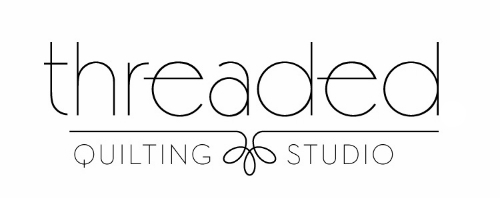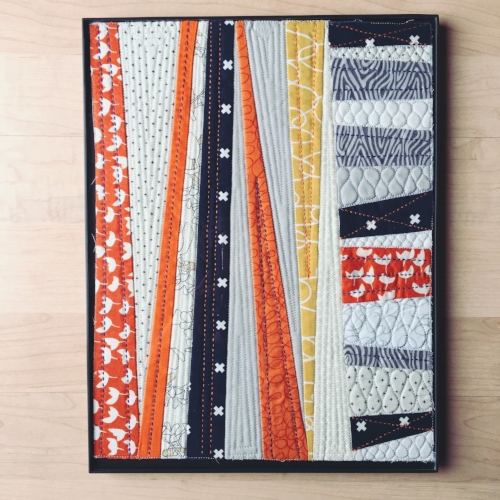It doesn't seem to matter how careful you are. Inevitably, dark threads seem to wind up trapped where you want them least, like just beneath the surface of the lightest fabric in a quilt top. I'm also going to assume that the quilt is already quilted, or at the very least basted at this stage. Sigh!
I ran into this problem often when I quilted for customers and I still run into it when I quilt my own tops.
But, after a helpful Instagram post pointed me in the direction of the Soft Touch Thread Pic by Clover, (see Amazon affiliate link) a few years ago, I've been able to capture those threads. This tool quickly became a within-arms-reach kind of a thing while quilting!
There's no sound in this video, but it shows the tool in action on one of the last quilts I was working on. The higher contrast in your fabrics, the more this issue will come up. It does take a little bit of finesse, but with practice, you'll get the hang of it.
Did you know I have a list of tools and products that I use on the regular? Find it here: current recommends. I hope it's helpful, sometimes having the right tools at the right time makes all the difference!





















